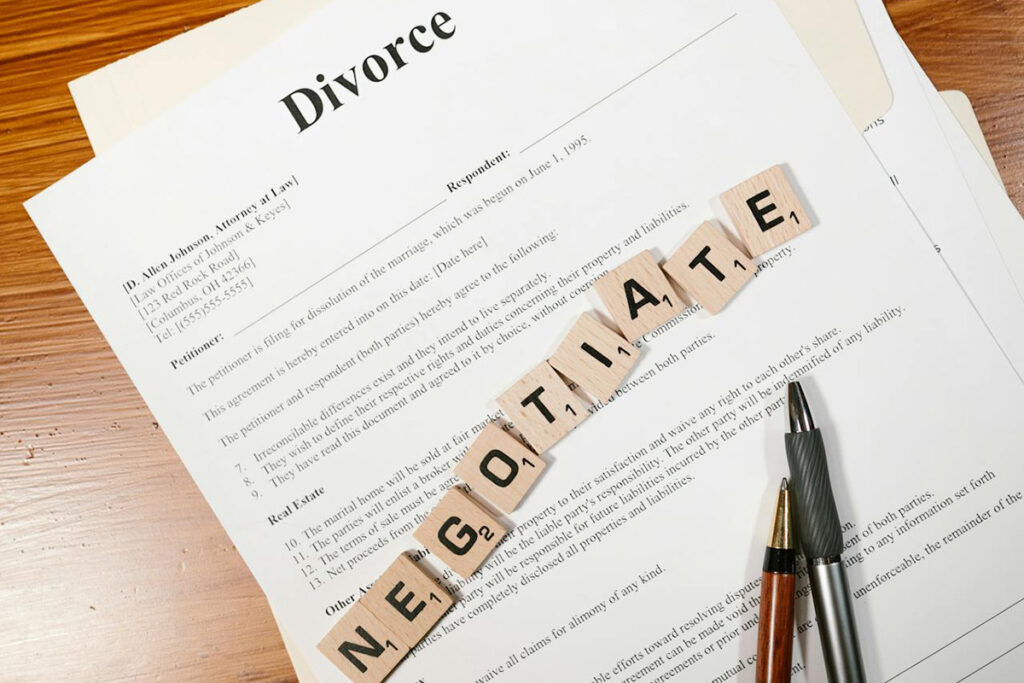When working with party lawyers in a contract negotiation or dispute resolution, many challenges we face as Neutrals. Each party’s lawyer is typically focused on representing her/his client’s best interests and this can lead to difficult negotiations, adversarial postures, and disagreements about how to proceed. Sometimes, party lawyers may not be very clear or open in their communication, either because of legal strategy or a lack of collaboration. This can slow down decision-making and make it more difficult to find common ground.
· So, right in the outset I always get into a caucus with both side’s lawyers and try to get to the bottom of their interests first. In some cases, party lawyers may employ tactics to delay proceedings in order to gain leverage or pressure the other side into a more favorable outcome. This can lead to frustration and unnecessary delays in resolving the issue. In court-referred matters, Lawyers happen to be our colleagues so it’s a tight-rope walking for us as neutrals. We have to be mindful of our language. Instead of accusing them of being evasive, it’s like, “It seems we’re not quite on the same page here. Let’s take a moment to ensure everyone is clear on the position so we can move forward.” Sometimes, I seek their permission to talk to their clients, which may mean asking them to take a step back and allow Parties to take the lead.
In situations where party lawyers are not being clear or open, it’s important to maintain a focus on the goals of the process and to gently encourage more transparent communication. By utilizing mediation techniques such as private caucuses, clarifying questions, summarization, and setting clear expectations for communication, the process can regain momentum and ultimately reach a resolution that serves the needs of all parties involved.
· Set Clear Ground Rules: At the start of the mediation /negotiation, I always set expectations for clear, direct, and transparent communication. I emphasize as well as keep reminding that open dialogue is critical for a productive process that leads to resolution and the lawyers’ role is to facilitate this, not to try winning a battle.
· Request Clarification: If a lawyer is being vague or not directly addressing key points, I encourage them to clarify their position, like – “I understand the general idea, but could you please explain this in more detail so we can move forward?”
· Use Open-Ended Questions: I Ask questions that require more than a yes/no response. For example, “Can you clarify your perspective on [specific issue]? What do you mean when you say [phrase or statement]? How does [situation or action] make you feel? Can you walk me through the reasoning behind that position?” or “What would be an acceptable compromise for your client in this situation?”
· Caucus: In a private session, I ask the lawyer to be more specific or transparent about their position without the pressure of the opposing party (or even their own client) being present. This is a good opportunity to smooth over any communication gaps.
· Emphasize Long-Term Benefits: I gently remind the lawyers of the long-term benefits of transparent communication and deliberate about focusing on client needs and interests rather than just maintaining rigid legal positions. I sometimes candidly ask, gauging the situation and with a touch of humour “If the revenue had remained stable, how would that have changed your position regarding the Resolution?”
· Reality Testing: Clients often have high expectations of what their lawyer can achieve, which might not always align with reality. I preferably do the reality check in a caucus where both the Party and the lawyer are present AND gently challenge exaggerated claims if they appear inflated.
· Offer Summaries for Confirmation: If a lawyer has provided unclear information, I always offer to summarize what I’ve understood and ask for confirmation or clarification.
· Remind Lawyers of the Mediation Process: As I said earlier, I keep reiterating that the mediation process is about collaboration, not confrontation. Lawyers may be more likely to open up if they’re reminded that co-operation, rather than strategic obfuscation, is in the best interest of their clients.
All such challenges require patience, clear communication, and a focus on the underlying issues at hand in order to navigate effectively. Mediation Advocacy is the panacea in such situations. After all, Parties already repose faith in their lawyers and they are the first point of contact. If they are duly trained in Mediation Advocacy, it becomes easier for resolution to happen.

